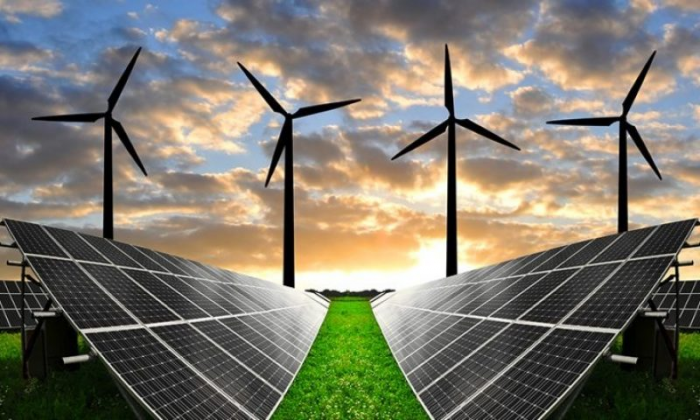Overview
Sweden promotes RES through a handful of mechanisms: the quota system based on electricity certificate trading and a tax regulation mechanism. Most incentives are open to all RES technologies, but some impose conditions regarding the capacity or specific renewable energy source (e.g., reduced real estate tax is aimed only at wind power or energy tax allowance supports wind, wave, and solar power plants).
There is also a tax deduction for the installation of green technology - deduction for the cost of labour and materials.
A tax reduction for green technology is given for:
- Installation of grid connected solar cell system. Tax reduction is given with 20 percent of the cost of work and materials.
- Installation of systems for storing self-produced electrical energy. Tax reduction is given with 50 percent of the cost of labour and materials.
- Installation of charging point for electric vehicles.
Tax reduction is given with 50 % of the cost of labour and materials.
A tax reduction is also available for micro-production of renewable electricity for private properties and for commercial properties, according to the Income Tax Act (1999:1229) Ch. 67.
Renewable electricity refers to electrical power produced from
- Sun, wind, waves, tides, or geothermal heat,
- Water-based energy that is generated in hydropower plants,
- Biomass or products produced from biomass, or
- Fuel cells.
The reduction is applicable for the number of kilowatt hours that are fed into the electricity grid. (if you notify the electricity grid company that you are producing renewable electricity, and your facility meets certain conditions.)
Another scheme is the reduced energy tax for micro-production of renewable electricity for own use. The exemption from tax liability applies to electric power, which is produced in a plant with an installed peak power of less than 100 kW, by a producer who has a total installed generator output of less than 100 kW, and which has not been transferred to a transmission network, which is covered by a network concession, and which has been announced with the support of Chapter 2 the Electricity Act.
Installed peak power for renewable electricity facilities is equivalent to the following:
- Wind or waves, instead is equivalent to 250 kilowatts,
- Solar, instead corresponds to 500 kilowatts installed peak power, and
- Other energy source without a generator, instead equivalent to 100 kilowatts of installed power (Act (1994:1776) on tax on energy Chapter 11 art 2).
Sweden does not have a national 2030 target for renewable energy. In Sweden's previous integrated energy and climate plan that was submitted to the European Commission in 2019, the Swedish Energy Agency's long-term scenarios from 2018 were used with the then-decided policy instruments as a starting point for a national contribution to the Union's common goals by 2030. The Swedish Energy Agency's reference scenario with recommended conditions from the EU then pointed towards a share renewable energy in relation to gross energy use of 65 percent in 2030 with the then current calculation method. In the Swedish Energy Agency's latest scenario analysis from 2023, which is used for this plan, a share of 67 percent renewable energy is reached in 2030 in the Base Scenario.51 (Sweden's updated national energy and climate plan for 2021–2030, dated 2024-06-27).
The previous energy policy goal for 100 percent "renewable" has been changed to 100 percent "fossil-free" electricity production in 2040 through the Tidö agreement, which has now been adopted in the Parliament (prop. 2022/23:99 Vårnändringsbudget for 2023). The Tidö agreement is an agreement on the political direction for the mandate period 2022–2026 that the cooperation parties within the Government concluded in October 2022.
Summary of support system
- Quota system is the single largest and most significant RES support mechanism in Sweden. Energy suppliers are obliged to prove that a certain quota of their electricity production was generated by RES.
- Tax regulation mechanisms ensure different tax privileges to RES-E.
Competent authorities
- County Administrative Boards
- Swedish Energy Agency
- National Board of Housing, Building and Planning
- Svenska kraftnät (TSO)
- The Swedish Tax Authority

